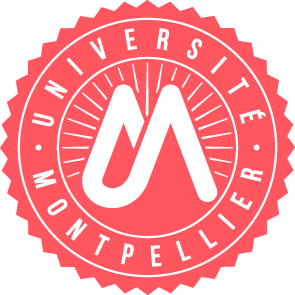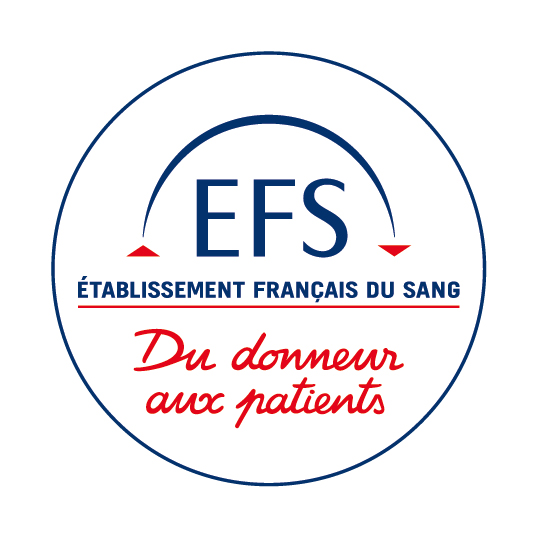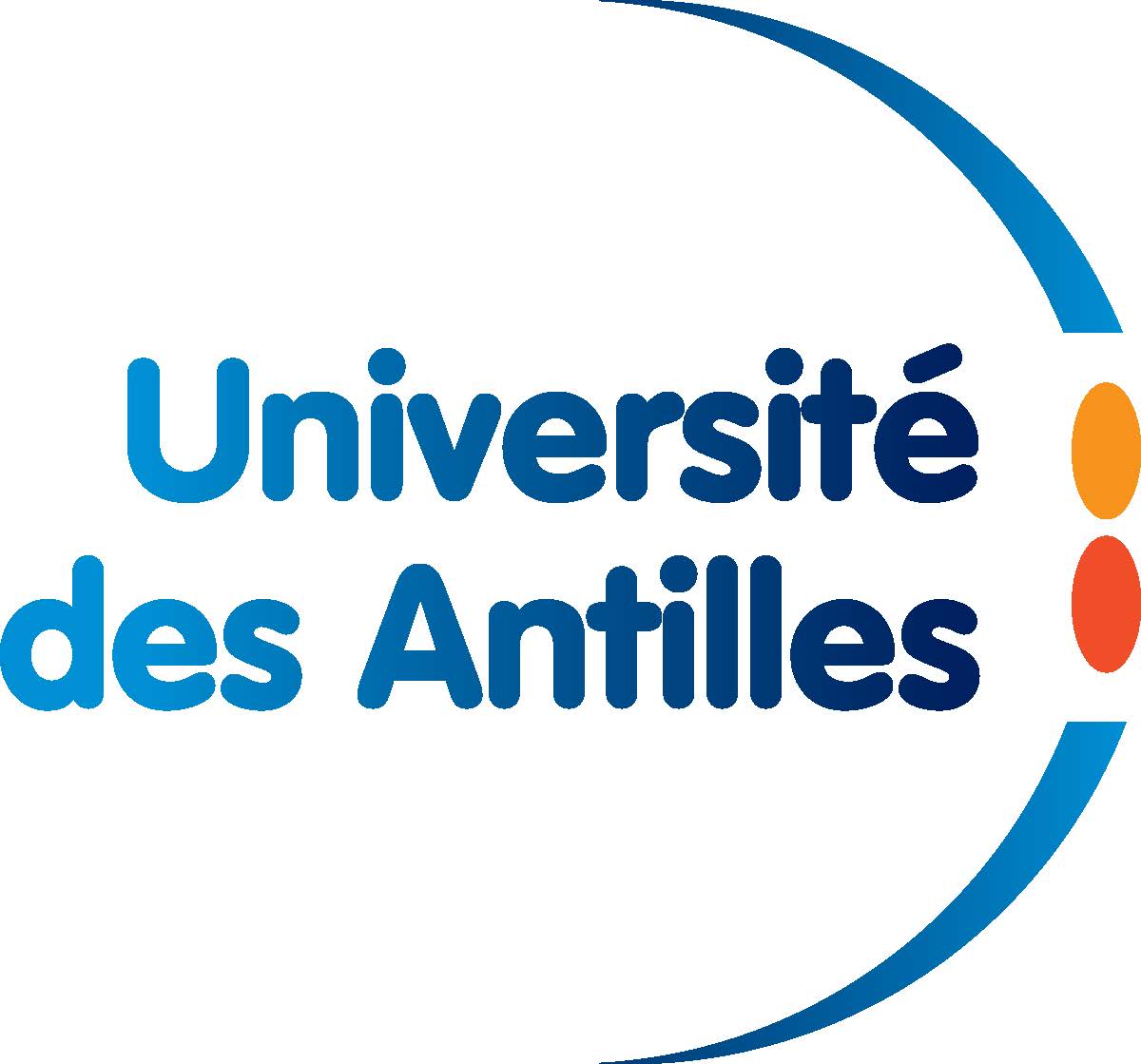Training Family Medicine Residents in Dermoscopy Using an e-Learning Course: Pilot Interventional Study
Résumé
Background Skin cancers are the most common group of cancers diagnosed worldwide. Aging and sun exposure increase their risk. The decline in the number of dermatologists is pushing the issue of dermatological screening back onto family doctors. Dermoscopy is an easy-to-use tool that increases the sensitivity of melanoma diagnosis by 60% to 90%, but its use is limited due to lack of training. The characteristics of “ideal” dermoscopy training have yet to be established. We created a Moodle (Moodle HQ)-based e-learning course to train family medicine residents in dermoscopy. Objective This study aimed to evaluate the evolution of dermoscopy knowledge among family doctors immediately and 1 and 3 months after e-learning training. Methods We conducted a prospective interventional study between April and November 2020 to evaluate an educational program intended for family medicine residents at the University of Montpellier-Nîmes, France. They were asked to complete an e-learning course consisting of 2 modules, with an assessment quiz repeated at 1 (M1) and 3 months (M3). The course was based on a 2-step algorithm, a method of dermoscopic analysis of pigmented skin lesions that is internationally accepted. The objectives of modules 1 and 2 were to differentiate melanocytic lesions from nonmelanocytic lesions and to precisely identify skin lesions by looking for dermoscopic morphological criteria specific to each lesion. Each module consisted of 15 questions with immediate feedback after each question. Results In total, 134 residents were included, and 66.4% (n=89) and 47% (n=63) of trainees fully participated in the evaluation of module 1 and module 2, respectively. This study showed a significant score improvement 3 months after the training course in 92.1% (n=82) of participants for module 1 and 87.3% (n=55) of participants for module 2 (P<.001). The majority of the participants expressed satisfaction (n=48, 90.6%) with the training course, and 96.3% (n=51) planned to use a dermatoscope in their future practice. Regarding final scores, the only variable that was statistically significant was the resident’s initial scores (P=.003) for module 1. No measured variable was found to be associated with retention (midtraining or final evaluation) for module 2. Residents who had completed at least 1 dermatology rotation during medical school had significantly higher initial scores in module 1 at M0 (P=.03). Residents who reported having completed at least 1 dermatology rotation during their family medicine training had a statistically significant higher score at M1 for module 1 and M3 for module 2 (P=.01 and P=.001). Conclusions The integration of an e-learning training course in dermoscopy into the curriculum of FM residents results in a significant improvement in their diagnosis skills and meets their expectations. Developing a program combining an e-learning course and face-to-face training for residents is likely to result in more frequent and effective dermoscopy use by family doctors.
Mots clés
GP
Dermatological
Dermatology
Dermatoscope
Dermatoscopes
Dermoscopy
e-learning
Education
Family medicine
Family physician
Family physicians
Family practitioner
Family practitioners
General practice
Intern
Interns
Internship
Internship and residency
Internships
Primary health care
Residency
Resident
Skin
Training
| Origine | Fichiers éditeurs autorisés sur une archive ouverte |
|---|---|
| licence |






